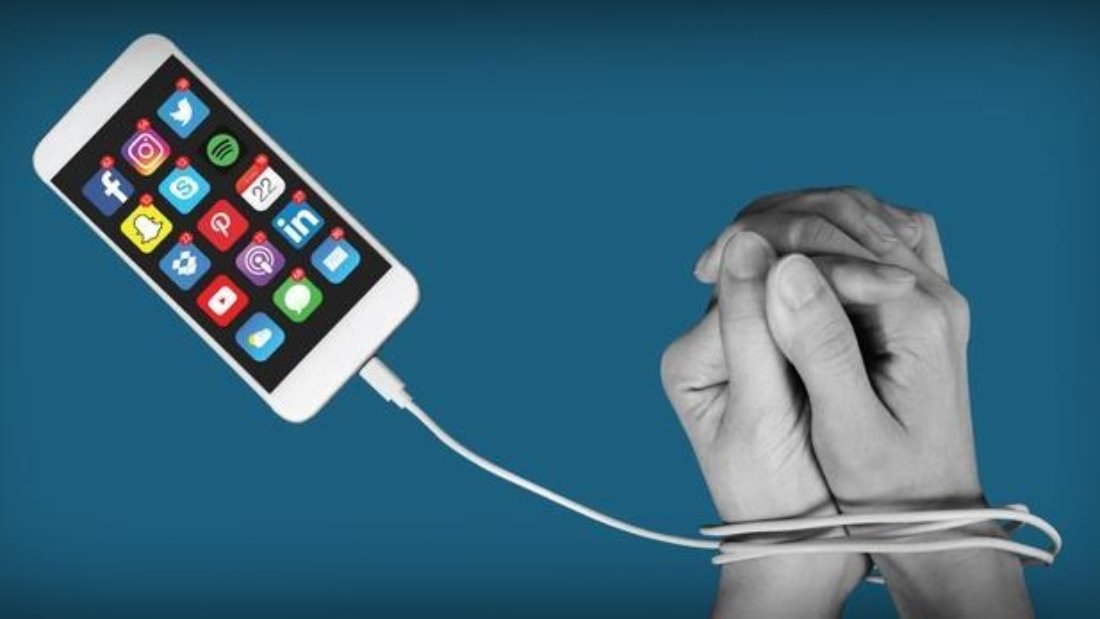As a parent, it can be difficult to know when your child’s screen time has turned into an addiction. With technology playing a significant role in children’s lives today, it’s important to understand the signs of screen addiction. Here are some ways it can manifest in your child:
1. Lack of interest in other activities: If you notice that your child has lost interest in activities they once enjoyed, such as sports, reading, or spending time with friends, it could be a sign of screen addiction. Children who are addicted to screens often struggle to find enjoyment in other activities because they are constantly craving the stimulation that screens provide.
2. Withdrawal symptoms: When you try to limit your child’s screen time, do they become irritable, argumentative, or visibly upset? These are potential signs of withdrawal from screen addiction. Children who are addicted to screens often struggle to cope with their emotions when their access to screens is restricted.
3. Difficulty focusing and paying attention: Screen addiction can also manifest in a child’s ability to concentrate on tasks that don’t involve screens. If your child is struggling academically or seems unable to focus on conversations or activities, it may be due to their excessive screen time.
4. Disrupted sleep patterns: Excessive screen time can lead to disrupted sleep patterns in children. If you notice that your child is staying up late to use their devices or experiencing difficulty falling asleep, it could be a sign of screen addiction.
It’s important to remember that screen addiction in children is a real and serious issue, but it’s not something to feel ashamed of as a parent. Understanding the signs of screen addiction is the first step in helping your child overcome it. By being aware of these signs, you can take proactive steps to support your child and help them develop healthier screen habits.
If you are concerned about your child’s screen time, consider setting limits, encouraging alternative activities, and modeling healthy screen habits for them. It’s also important to have open and honest conversations with your child about the impact of excessive screen time on their well-being.
By recognizing the signs of screen addiction and taking proactive steps to address it, you can help your child develop a balanced relationship with screens and promote their overall well-being.


Leave A Comment